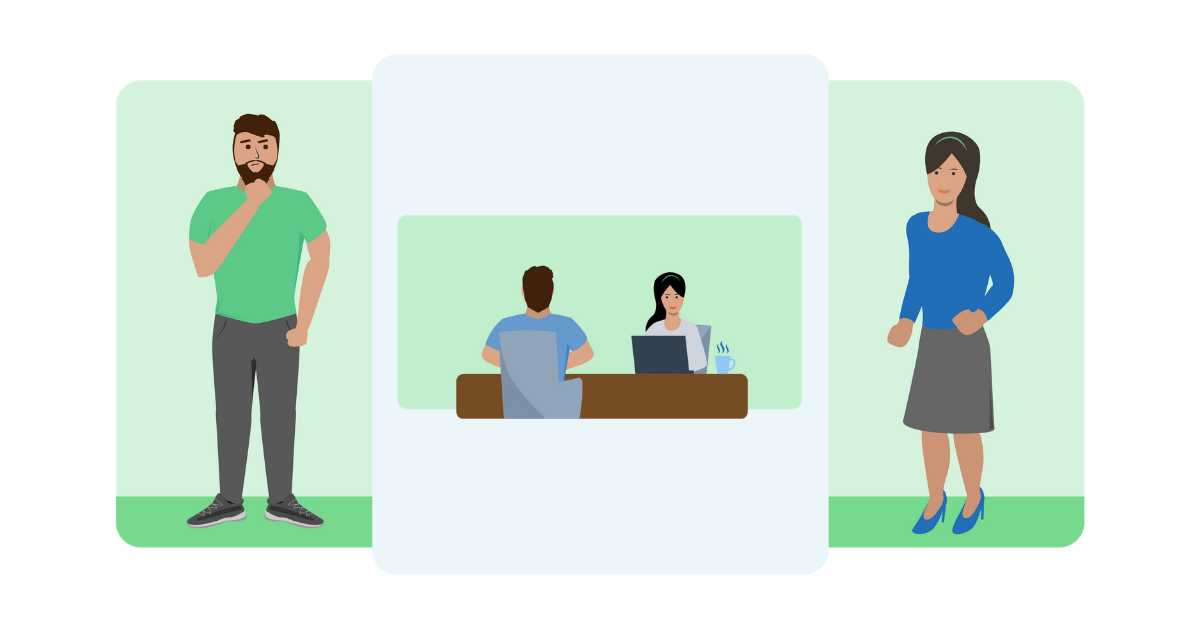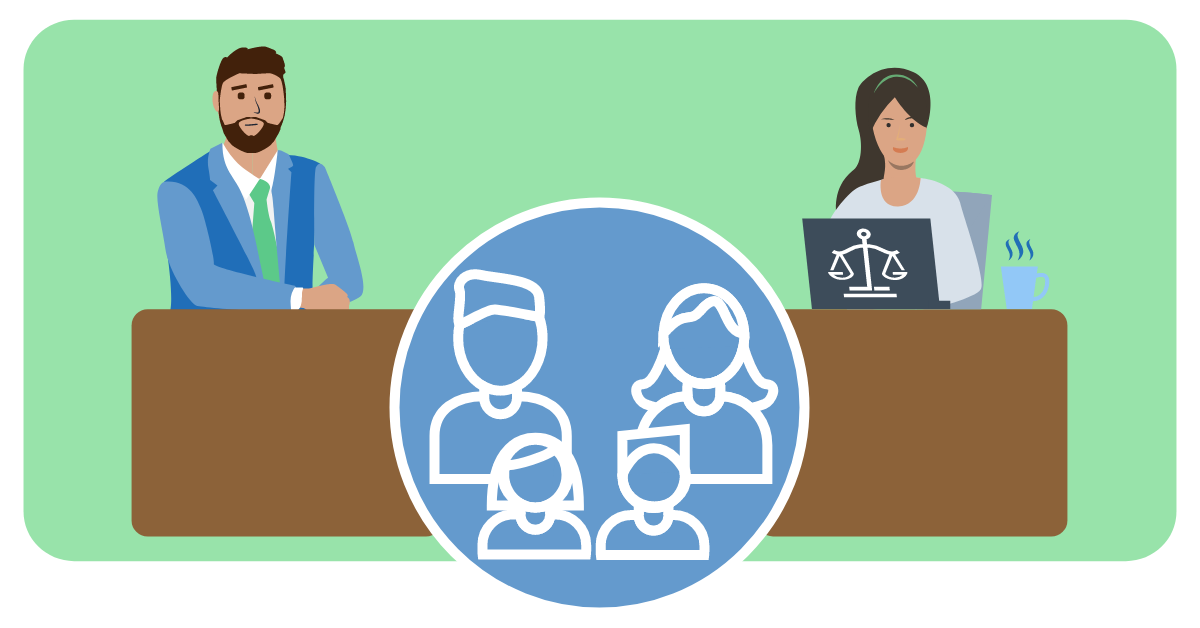Contested vs Uncontested Divorce - What's the Difference?

What's the difference?
A divorce is nothing short of life-altering. Knowing a few things about divorce and the process can help alleviate some potential stress downstream. The first step is learning the two types of divorce - contested or uncontested. Let’s unpack that here.
Uncontested Divorce
An uncontested divorce occurs when the divorcing couple can agree on all of the details and issues pertaining to the ending of their marriage. Mutually deciding to part ways and dissolve the marriage is one thing, but this only sets the stage of important decisions. This can include splitting of assets, any alimony or spousal support, and debt allocation. In many cases, an uncontested divorce is settled outside of the courtroom and a judge is not needed. Nothing of consequence is disputed or unresolved.
Uncontested divorces are known as “simple” divorces (thought anyone going through a divorce will tell you nothing about is simple). Nonetheless, comparatively, they take much less time and money than its counterpart (see below) because you don’t have to appear in court and go back and forth in front of a judge to find a resolution.
On the other hand, just because a divorce is uncontested does not mean it is amicable. The parting couple may still go back and forth with each other (usually, through their lawyers), but in most cases, they just don’t need a judge to intervene.
Children add an extra layer to any split. While minor children raise the issue of custody and child support, a divorce can still be uncontested if children are involved. When custody and child support matters emerge, the case gets referred to the applicable court. There, interviews are conducted by the court regarding recommendations for custody and support. If there is an objection to the ruling, then counsel intervenes and the divorce becomes contested. If no objections are filed, the case continues.
Contested Divorce
As you may have guessed, a contested divorce is when the divorcing couple cannot arrive at an agreement and need a judge to intervene and make rulings. This can be in regards to anything involved in the termination of the marriage: child custody and support, property allocation, alimony, and the splitting of assets.
Contested divorces are common, as many times spouses cannot reach an agreement with sensitive topics, even with lawyers present. Contested divorces tend to take more time and are therefore often much more costly. They can also be a bit more invasive into your privacy.
In a contested divorce, evidence needs to be presented to the judge to decide various matters. For issues such as custody, where the standard is the best interest of the child, opposing counsel will usually do a deep dive into the lives of the parents, potentially raising embarrassing and private matters.
Do I need a lawyer for a contested or an uncontested divorce?
When it comes to filing for a divorce or responding to a petition for a divorce, an attorney is not mandated. Either spouse can file divorce proceedings with the court - and either may choose to navigate the proceedings without representation or legal counsel. However, as many soon find, the legal termination of a marriage can feel overwhelming.
If you are thinking about filing for divorce - whether contested, uncontested, or to-be-determined - you may benefit from chatting with a lawyer to learn about the process so you can know what to expect and what common pitfalls to avoid.
Looking for a place to start? Consider LegalQ.
LegalQ is an app that connects you with an attorney to get answers. From there, you can make a plan and move forward with confidence. Pay upfront for a 15 or 30-minute consultation with an attorney in your state, giving you a place to jumpstart and figure out your next move. There is no obligation to hire an attorney from LegalQ.



